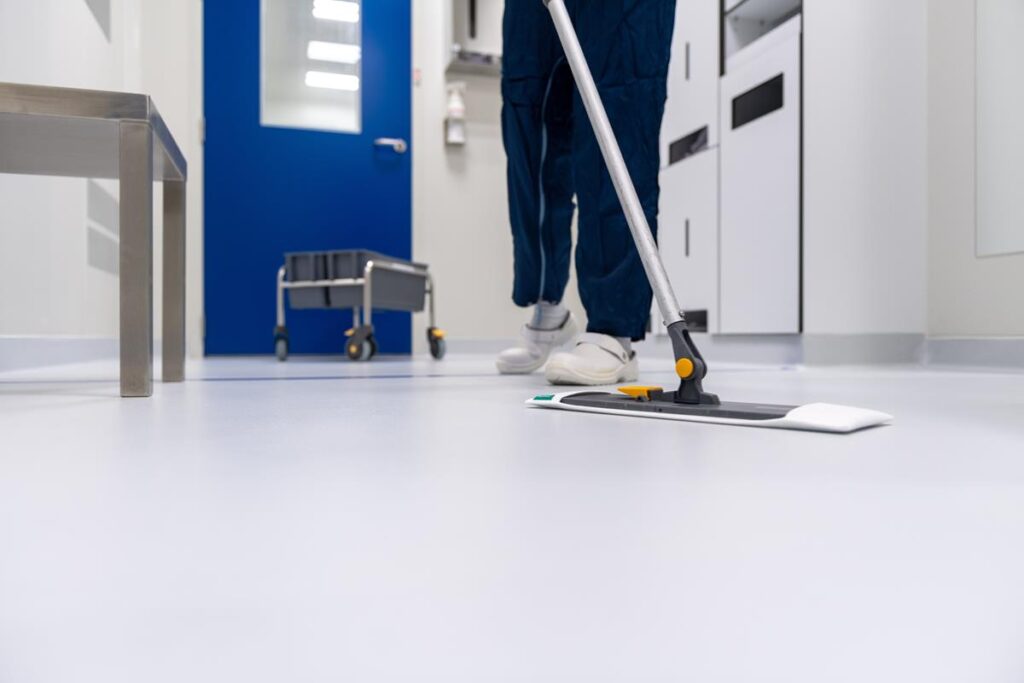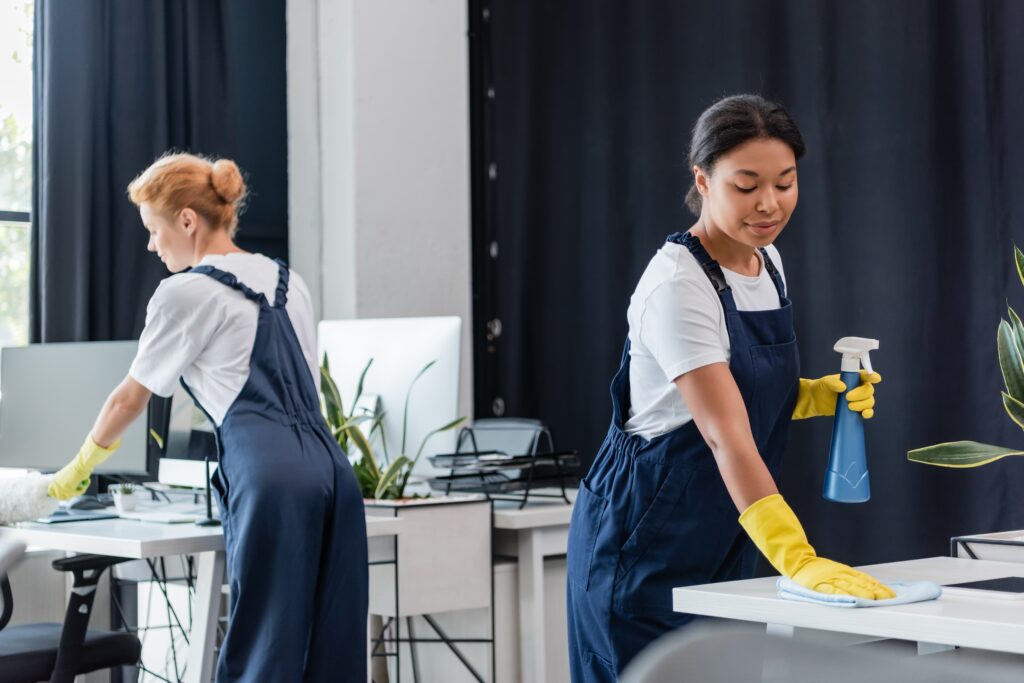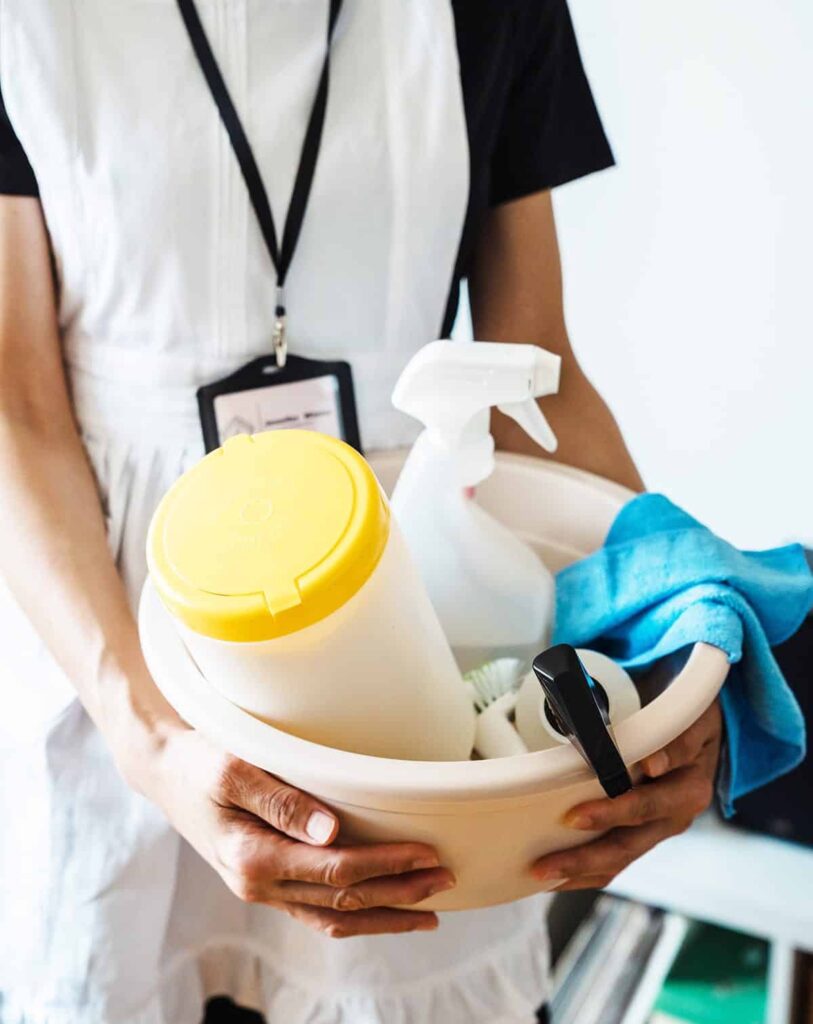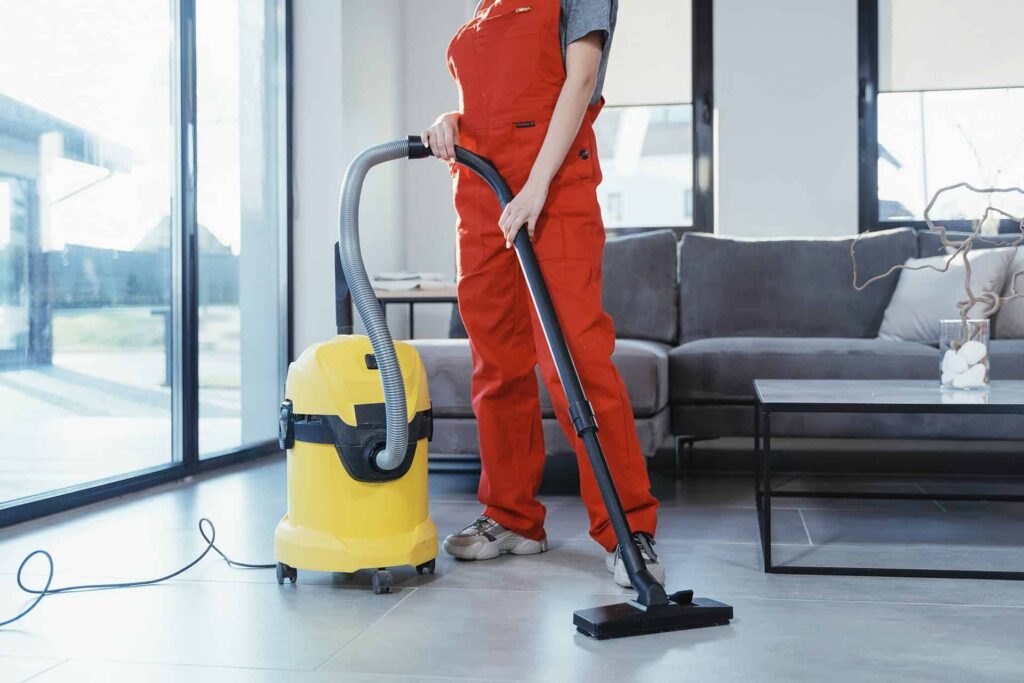Cleaning Commercial Environments To Protect Against Disease
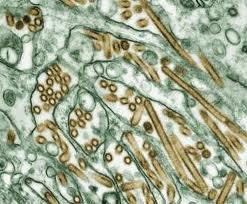
Human-to-human transmission of the virus has not be sustained. However, a paper published by CDC scientists indicated that the new strain could potentially cause a pandemic. This is a much different stand than the CDC originally took on the strain. According to one author, the currently administered seasonal flu vaccine does not protect against this strain of swine flu. The CDC is working on a vaccine for variants of swine flu such as H3N2.
The most recent findings indicate that the virus can be more easily transmitted than originally thought. H3N2 cases have been reported in West Virginia, Pennsylvania, Maine, Indiana, and Iowa. Each of the 12 patients has fully recovered and since 2012 began, there have not been any reported cases of H3N2. However, it is still important for commercial cleaners to take preventative measures when performing office cleaning.
U.S. EPA-registered disinfectant cleaners effective against Type A influenza viruses should be used on hard, non-porous surfaces receiving frequent hand contact. These include desks, computer mice and keyboards, copy machines, fax machines, door knobs, light switches, elevator buttons, and railings. In a break room, disinfectants should be used on water coolers and fountains, handles and keypads on microwaves, refrigerator handles, sink fixtures, and coffee pots.
Through education, cleaning companies can help commercial clients reduce their susceptibility to viruses like swine flu. By teaching customers proper hand washing techniques and personal workspace disinfecting procedures, cleaning services are doing their part to spread the word. Including tips in new client welcome packages and on washroom walls is recommended.
Influenza viruses can survive for up to eight hours on surfaces and are primarily transmitted by hands. Installing touch-free restroom products like self-flushing toilets, soap dispensers, and hand dryers will help prevent the spread of these diseases. Employees can be trained to use aerosol or spray and wipe sanitizers in high-touch areas between commercial cleaning periods. Pre-moistened disinfectant wipes can be used on chairs, keyboards, and telephones.
Contact Us
Get a quote
Your satisfaction is our priority, and we’re here to assist. Reach out to Busy Bee effortlessly by contacting us. Whether you have questions, need a custom quote, or want to discuss your cleaning requirements, our friendly team is ready to respond promptly. Connecting with us is the first step towards a cleaner and more comfortable environment for your home or business.
Call us for a quote today!
Contact Us
Get a quote
Your satisfaction is our priority, and we’re here to assist. Reach out to Busy Bee effortlessly by contacting us. Whether you have questions, need a custom quote, or want to discuss your cleaning requirements, our friendly team is ready to respond promptly. Connecting with us is the first step towards a cleaner and more comfortable environment for your home or business.







